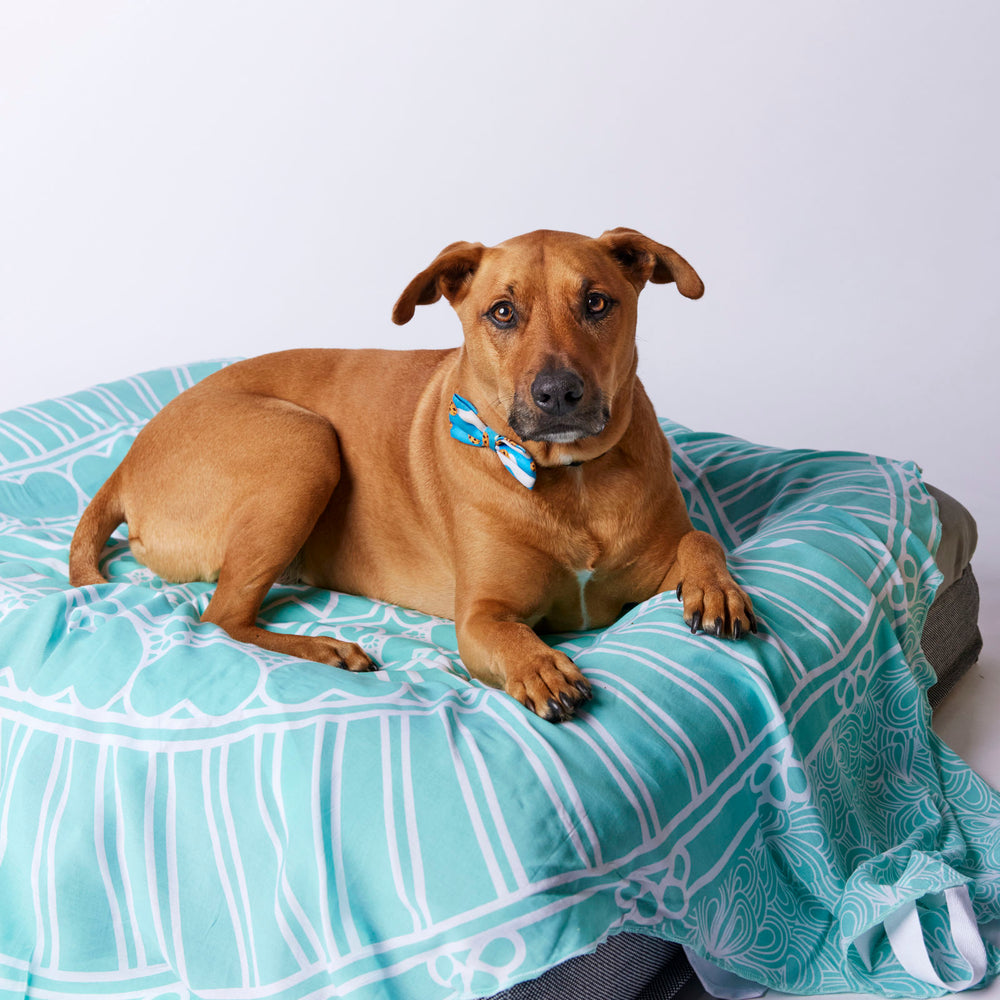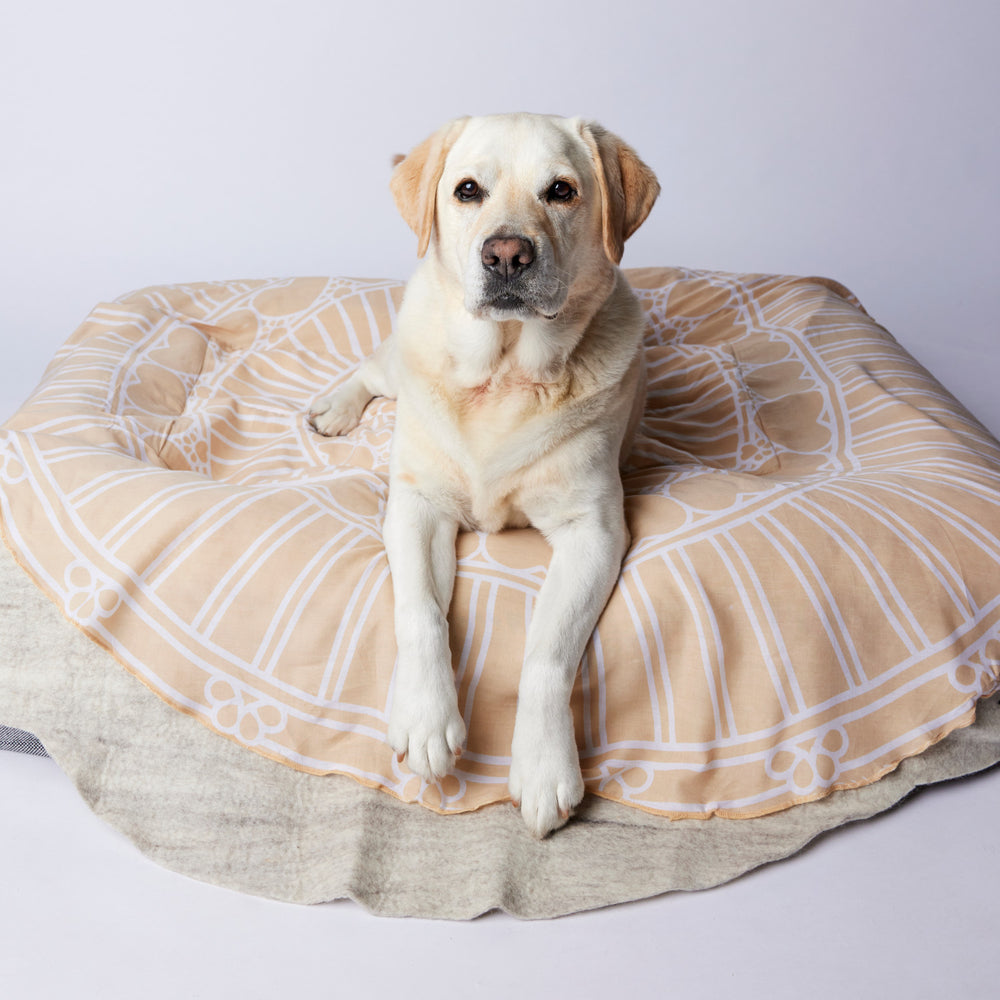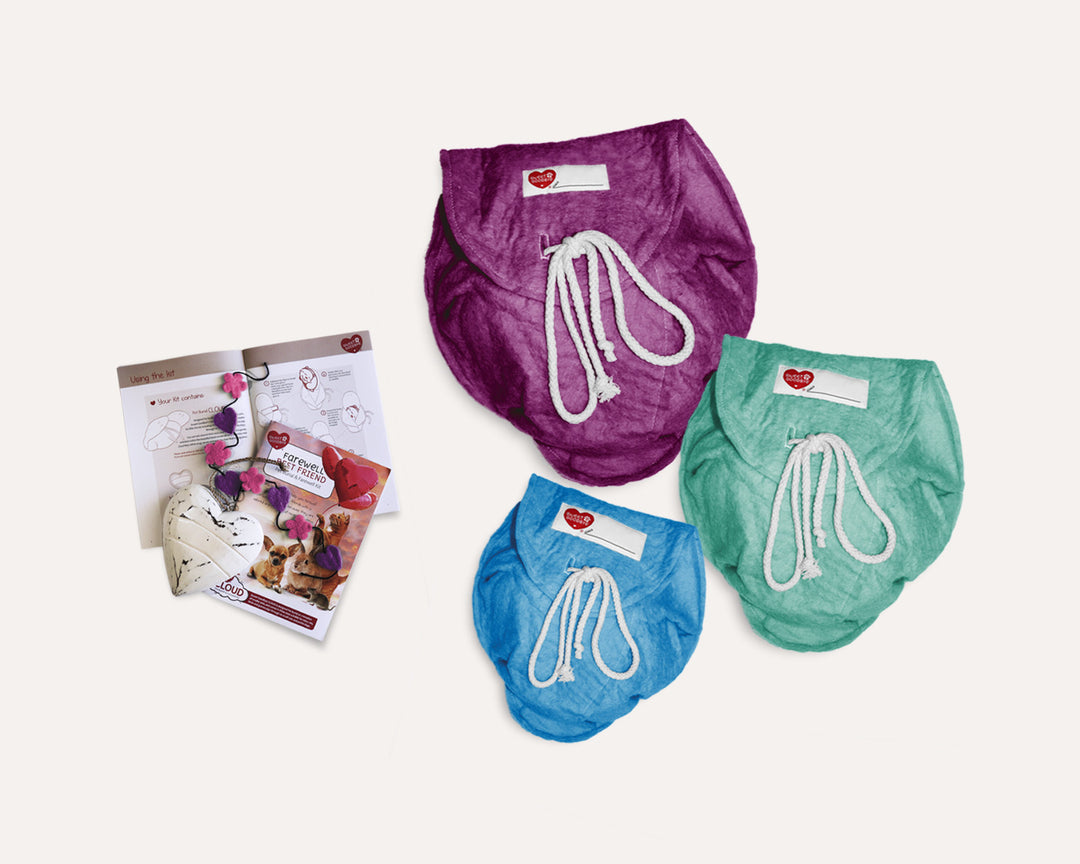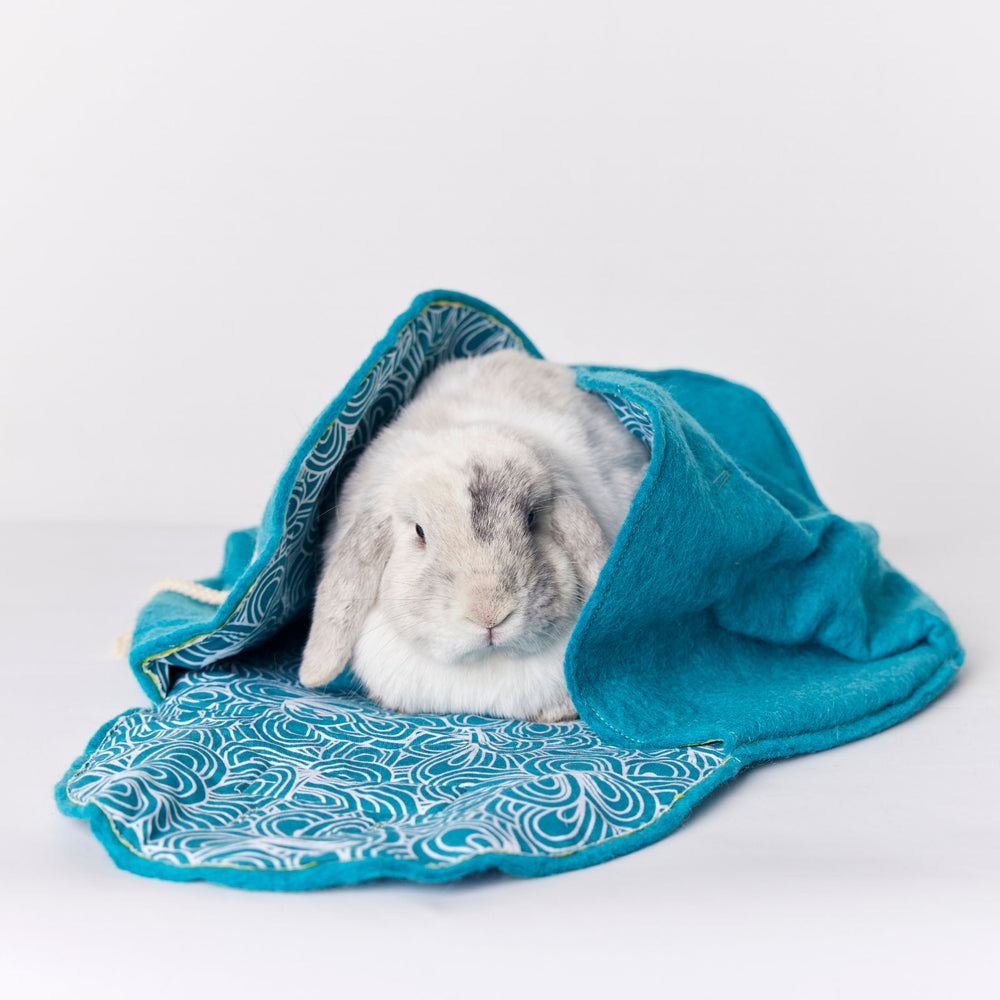Caring for Your Senior Rabbit

House rabbits can live as long as 6 - 12 years if they are looked after. This is many more years than their counterparts on the wild! You'll enjoy many years of hops and cuddles with your senior rabbit if you snow it a lot of TC.
Much like humans, genetics influence the lifespan of rabbits. However, their longevity is also impacted by how they are cared for throughout their lives. Here are some tips and some thing to look out for to ensure your senior bunny lives a fulfilled life.
Home Comfort

Make your home as comfortable for them as possible.
Keep essentials easily accessible and their food and water within their reach, this way they will always find their bed and never go hungry!
Placing rugs or carpets on your floors and other slippery surfaces will give them some grip, avoiding potential injury if they should slip when on the move.
For outdoor rabbits, don't forget consider extra bedding in winter to ensure they are kept warm and protected from the elements.
Food and Drink

Regardless of age, all rabbits need dust-free hay or grass all the time. In addition, rabbits love to eat washed leafy green no matter the time.
Considering their advanced age, nuggets or pellets are particularly formulated for older rabbits to provide the proper nutrients. However, consult a vet before making any dietary changes to avoid stomach upsets.
Regularly weighing our older rabbits is crucial to know if they are losing or gaining weight. Make an appointment with a vet if your older bunny is suddenly gaining or losing weight.
Make sure to provide plenty of fresh drinking water to older rabbits in bowls. Monitor how much they are drinking and report it to a vet for any health concerns.
Health Checks

Any health changes in senior rabbits need a vet's attention. Here are some things to consider regarding an old rabbit's health:
The hearing and sight in older rabbits decrease with time. That said, avoid unnecessary loud noise; people should approach them quietly and slowly so they don't get frightened.
Senior rabbits are prone to obesity and other problems like heart disease and osteoarthritis. Take measures to keep the correct weight of older rabbits, and seek a vet's help if necessary.
Regular nail trimming is essential as they are less active. A typical vet can do this if you are not confident.
Staying up-to-date with their routine vaccinations will ensure they are properly protected from diseases.
Dental diseases are also common in senior rabbits. If you notice any changes in the eating habits of your old bunny go and see your vet. There might be swelling around their mouth, or they are salivating.
80% of unneutered female rabbits get uterine cancer after turning three. Neutering helps protect female rabbits from developing uterine cancer.
Pododermatitis occurs in older rabbits due to being overweight, inactive and ageing. Breeds like Rex are more vulnerable due to their fine fur, which provides less protection than other breeds. Therefore, providing clean bedding material for such rabbits can help them in this regard.
Behavioural Changes

Most senior rabbits undergo behavioural changes; for instance, they seem disoriented. Consult a vet to determine whether any medical issues is causing these changes. A vet might recommend some adjustments to help them with their "senior" moments.
If our senior bunnies are ignoring us, it might be because of their reduced hearing. Get help from a vet to know if things are going smoothly.
Rabbits love company

Many senior rabbits love bonding with a new companion, so you could consider buying a new friend for them as they age.
Rabbits regardless of age love our attention , so spending plenty of quality time with senior bunnies is a must. And check thoroughly when petting them for any lumps or bumps.
Make sure our older bunnies get enough sleep and rest, particularly if they are living in the house with children.
Senior rabbits need regular exercise to prevent them from getting overweight. Doing this will give them a chance to explore and interact with their companions.
Being diligent with health checks and making little changes around the home can help our senior rabbits enjoy their last years. They are prone to common health problems, so be patient and let them adjust to their old age lifestyle . The extra love and care will bring much happiness to pat parents as well as the senior bunny.









